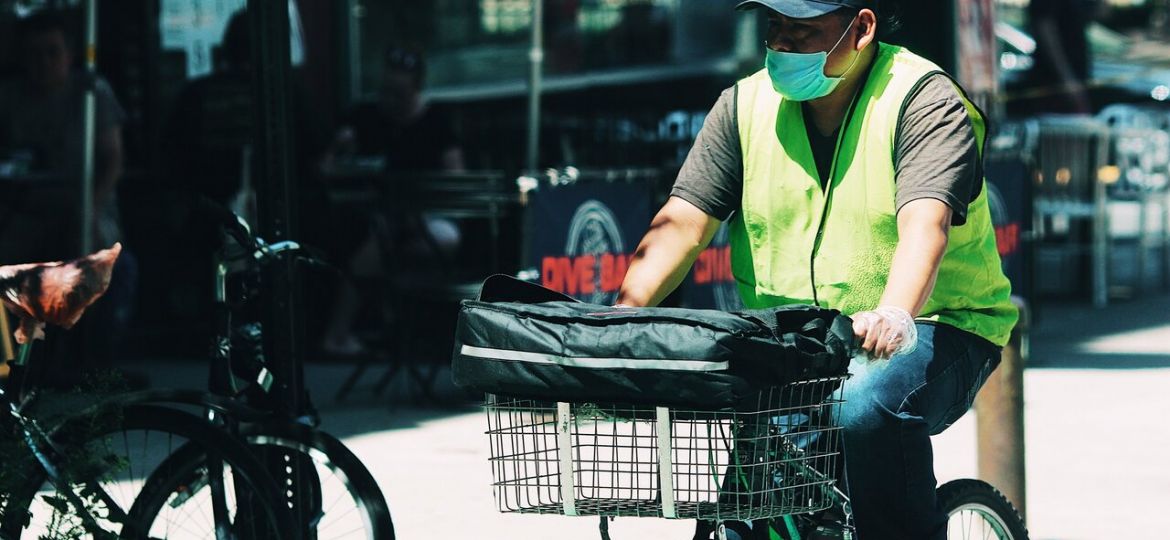
LAWRENCE — Some essential workers might agree to work a certain job for money. Some might do so out of a sense of duty. Others might be pressured to say “yes” to their work.
“Honestly, who can easily walk away from the job without any backup plan or compensation?” said Akiko Takeyama, associate professor of women, gender & sexuality studies at the University of Kansas. “But once they willingly give consent, they become responsible for their decision-making and any consequences, including infection from COVID-19.”
Takeyama recently explored this concept in a chapter concerning “Self-Ownership, Consent and Contractual Abuses in Japan’s Adult Video Industry” found in the book “Feminist and Queer Theory” (Oxford University Press, 2020). When the pandemic hit, she noticed the similarities between the choices faced by female essential services workers and women in the adult film industry.
“Many young women are structurally maneuvered to perform in adult video, giving their involuntary consent mainly for monetary reasons. As a result, society has tended to hold them responsible for the social discrimination, blackmail, stress-related depression and other issues that typically come with involvement in AV,” she said.
Similarly, during the COVID-19 pandemic, she explains that essential workers compelled to provide necessary work in health care, food service, agriculture, transportation and many other areas do so often under the pressure of involuntary consent.
“They are not forced to provide essential work, but it’s not completely voluntary, either,” she said. “Ultimately, they are trapped by society’s structural inequities.”
Takeyama is the author of the 2016 book “Staged Seduction: Selling Dreams in a Tokyo Host Club.” Her upcoming book is titled “Involuntary Consent: Sexual Labor and Legal Fictions in Japan’s Adult Video Industry.”
“When people think about consent they tend to think in the binary opposites: whether they are voluntarily giving consent or being forced to do so. This binary thinking does not allow for such cases where one is not quite forced but not quite voluntarily giving consent, either. I call this ‘involuntary consent,’” she said.
She cites common examples of involuntary consent to be cash payment, future opportunities or something else out of a sense of obligation.
“Also, consent is usually asked by those in power, not the other way around,” she said.

